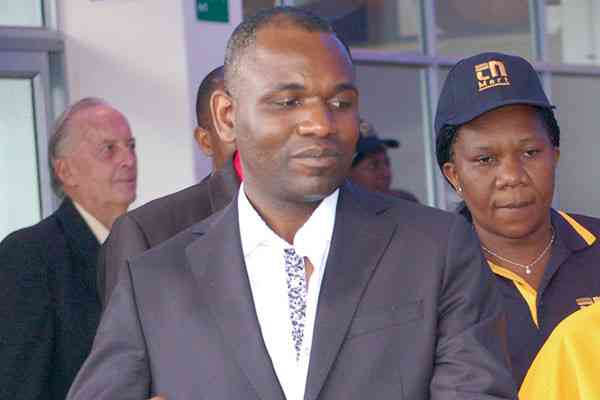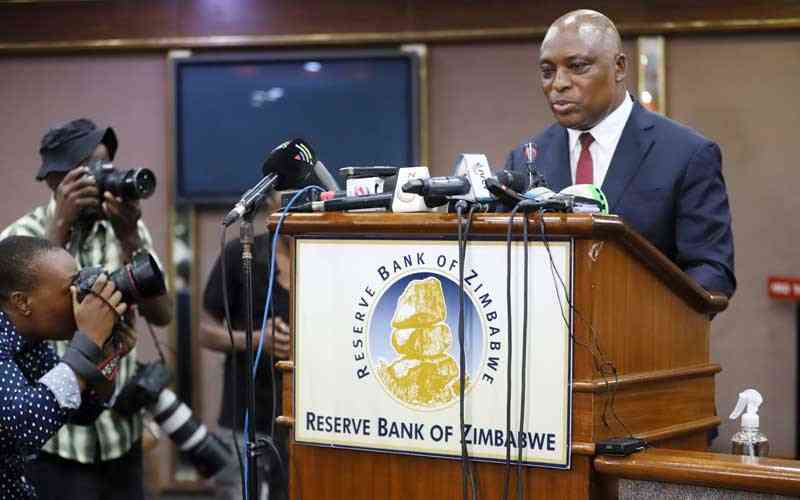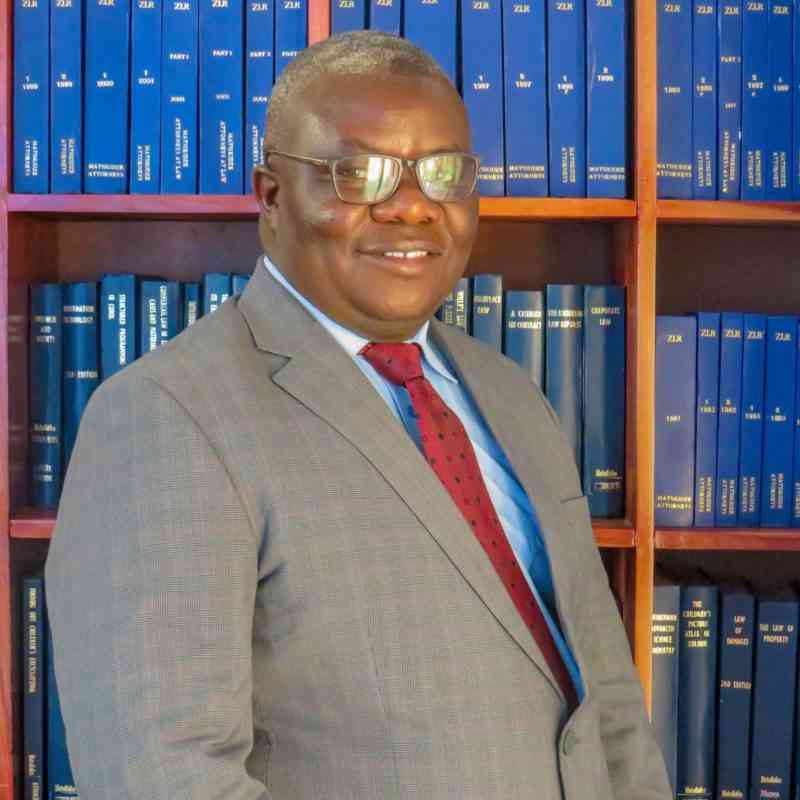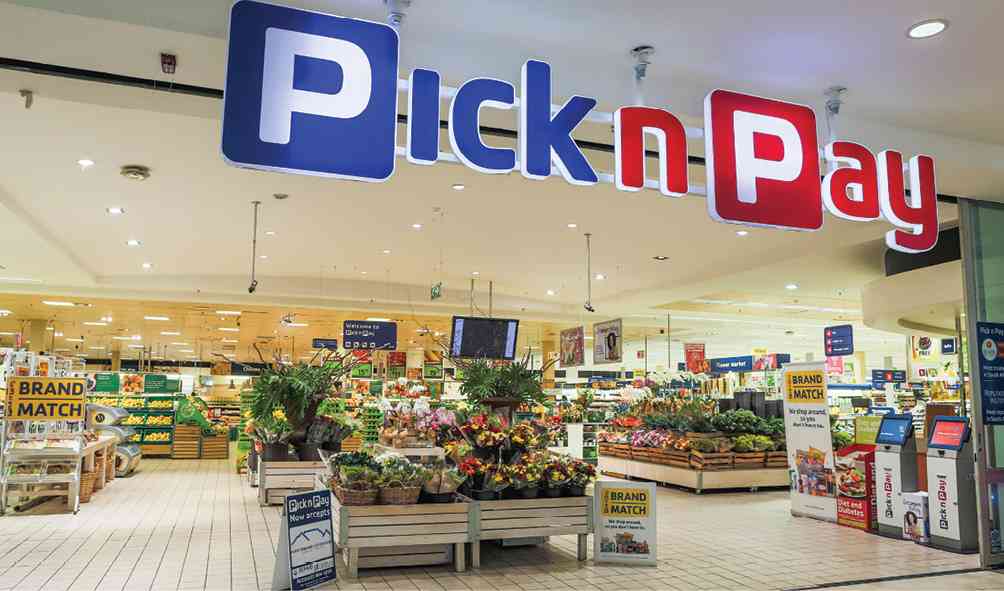Zimbabwe’s oldest mobile telecoms operator — NetOne — says it has laid the foundation to turn over US$1 billion annually by 2029, even as it battles to access capital. Chief executive officer, Raphael Mushanawani told the Zimbabwe Independent the state run operator had located pockets of opportunities to power his ambitious turnaround effort.
Mushanawani is only about two years in his role.
The US$1 billion will represent a massive rise in revenue over five years, from a projected US$160 million this year.
NetOne was the first to be licensed to operate a mobile telecoms business in 1996, before billionaire Strive Masiyiwa’s ultra-innovating Econet entered the market two years later, following a browsing legal tussle with government.
Mushanawani said growth would revolve around a surge in demand for data as markets evolve, but this would require him to pull back ‘legacy technologies’ and fire up the network with 4G capabilities.
“Normally we set ourselves to reach a target,” Mushanawani said, referring to NetOne’s revenue forecasts.
Keep Reading
- Inaugural Zim investor indaba highlights
- Stop clinging to decaying state firms
- High Court throws out ex-NetOne boss application
- ZB explores options to tackle inflation
“This year we did set ourselves a target of US$160 million. That is what we are working to achieve. We want to be the number one network. We are seeing ourselves being a US$1 billion company within the next five years,” he said, as he revealed his ambition to challenge the status quo.
But Econet would be no easy competition for the business.
The Zimbabwe Stock Exchange-listed operator had 10 436 233 active subscribers during the first quarter.
NetOne trailed with 4 017 167.
“We remain number two in the market,” he said.
“It is not a good position that we want to find ourselves in. We all know who the dominant player is. However, we are confident that in the not so distant future, we will reclaim our position. We are NetOne and I do not see why we should not be number one. I am seeing that very soon we should be the most preferred network, the most efficient network, and the network with the widest coverage, with the most subscribers. This will happen soon”. Domestic operators have struggled, losing active subscribers during a first quarter marked by currency-induced market turmoil, which knocked disposable incomes and forced consumers to ditch their lines.
Markdowns have also been reported at Telecel, the third operator in the sector.
According to Jacob Mutisi, chairperson at the Zimbabwe Information and Communication Technology, indications of market saturation were also emerging in the mobile telecoms sector.
“The decline in mobile subscribers and penetration is attributed to saturation of the mobile market,” Mutisi told the Independent recently.
“The population has reached a point where most individuals who can access mobile services already have a subscription. There are also economic factors, such as increased cost of living or reduced disposable income, leading some consumers to cancel or not renew their mobile subscriptions, potential churn or switching between mobile network operators as consumers seek better deals or service quality (are some of the factors),” Mutisi said.





